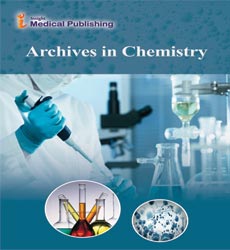Relationship In Between Vitamin D Status in Acute Ischemic Stroke for Assessing Initial Severity and Short-Term Outcome in a Tertiary Level Hospital, Bangladesh
Abstract
Background: Recent studies suggest that vitamin D, a neuroprotective prohormone, which has a potential protective role against neurovascular injury. Low vitamin D levels were modestly associated with risk of stroke and stroke fatality. Objective: This study aimed to investigate the relationship of vitamin D status among acute ischemic stroke patients for assessing initial severity and short-term outcome.
Methods: Fifty one acute ischemic stroke patients and 51 matched healthy control subjects participated in the study. Subjects were divided according to vitamin D level into deficient, insufficient, and sufficient groups. National Institute of Health Stroke Scale (NIHSS) on admission and after 72 hrs and modified Rankin Scale (mRS) on discharge and after 3months were performed for all patients.
Results: Acute ischaemic stroke patients (9.8%) had significantly lower serum vitamin D levels compared to healthy subjects (5.8%). In patients, serum vitamin D level ranged from 5 to 41ng/ml with a mean of 19.4±9.98ng/ml. In controls, serum vitamin D levels ranged from 6 to 48ng/ml with a mean of 30.3±10.48 ng/ml. Vitamin D deficiency and insufficiency were significantly prevalent among stroke patients (66.7%) compared to healthy controls (51.9%). Significant correlation was detected between serum vitamin D and NIHSS scores on admission and after 72hrs (p=0.007). Significant correlation was also detected between serum vitamin D and mRS scores on discharge and after 3months (p=0.004). The patients with 'not sufficient' vitamin D (i.e. deficient and insufficient) were 11.2 time more likely to report severe stroke (p=0.006). Conclusion: Vitamin D deficiency increases the risk of acute ischemic stroke and is associated with increased initial stroke severity and worse short-term outcome.
Open Access Journals
- Aquaculture & Veterinary Science
- Chemistry & Chemical Sciences
- Clinical Sciences
- Engineering
- General Science
- Genetics & Molecular Biology
- Health Care & Nursing
- Immunology & Microbiology
- Materials Science
- Mathematics & Physics
- Medical Sciences
- Neurology & Psychiatry
- Oncology & Cancer Science
- Pharmaceutical Sciences
